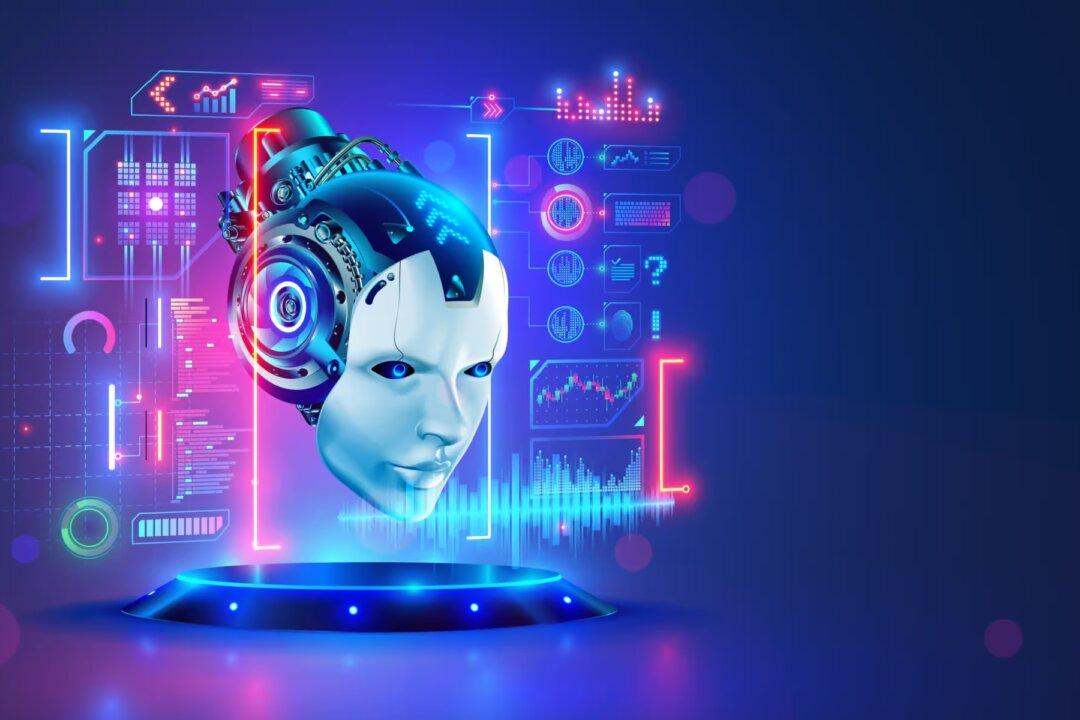Researchers at the University of the Sunshine Coast in Australia will investigate how to build the best human-artificial intelligence (AI) teams.
A team led by Professor Paul Salmon will look into how humans and artificial intelligence can work together in multiple industries including transport, defence, and health.





